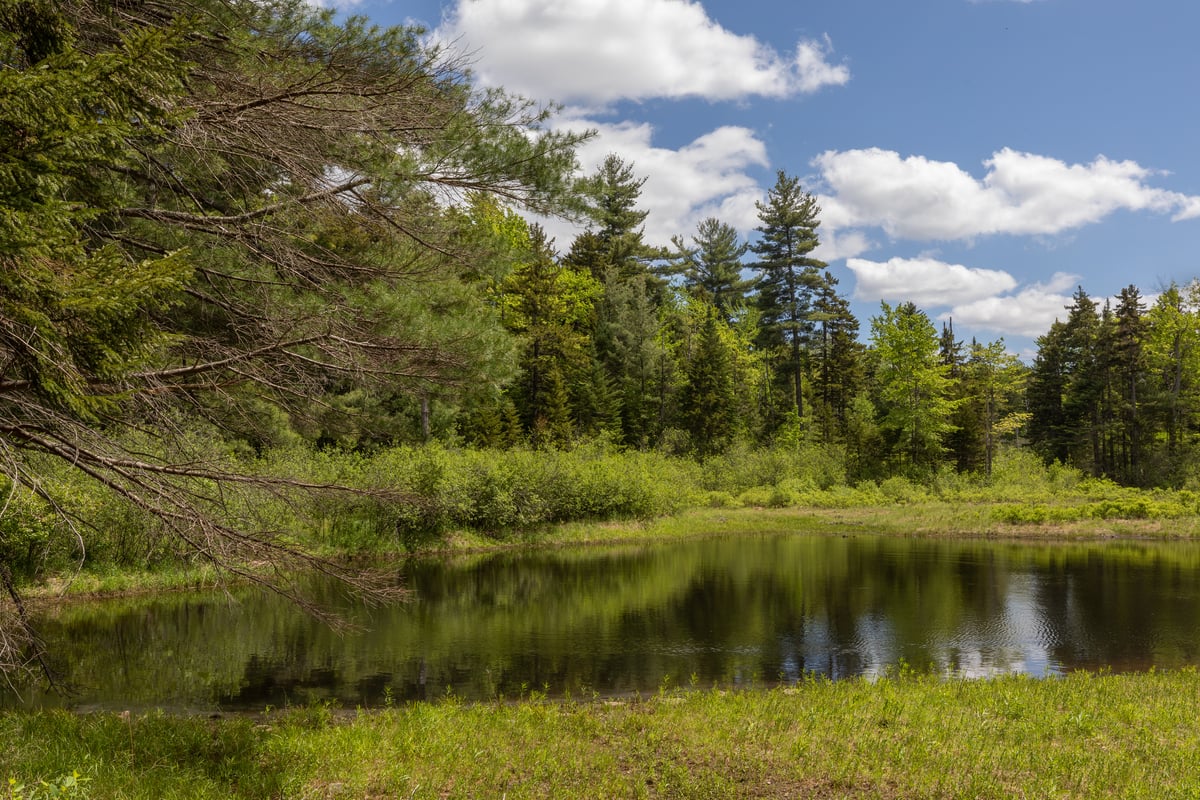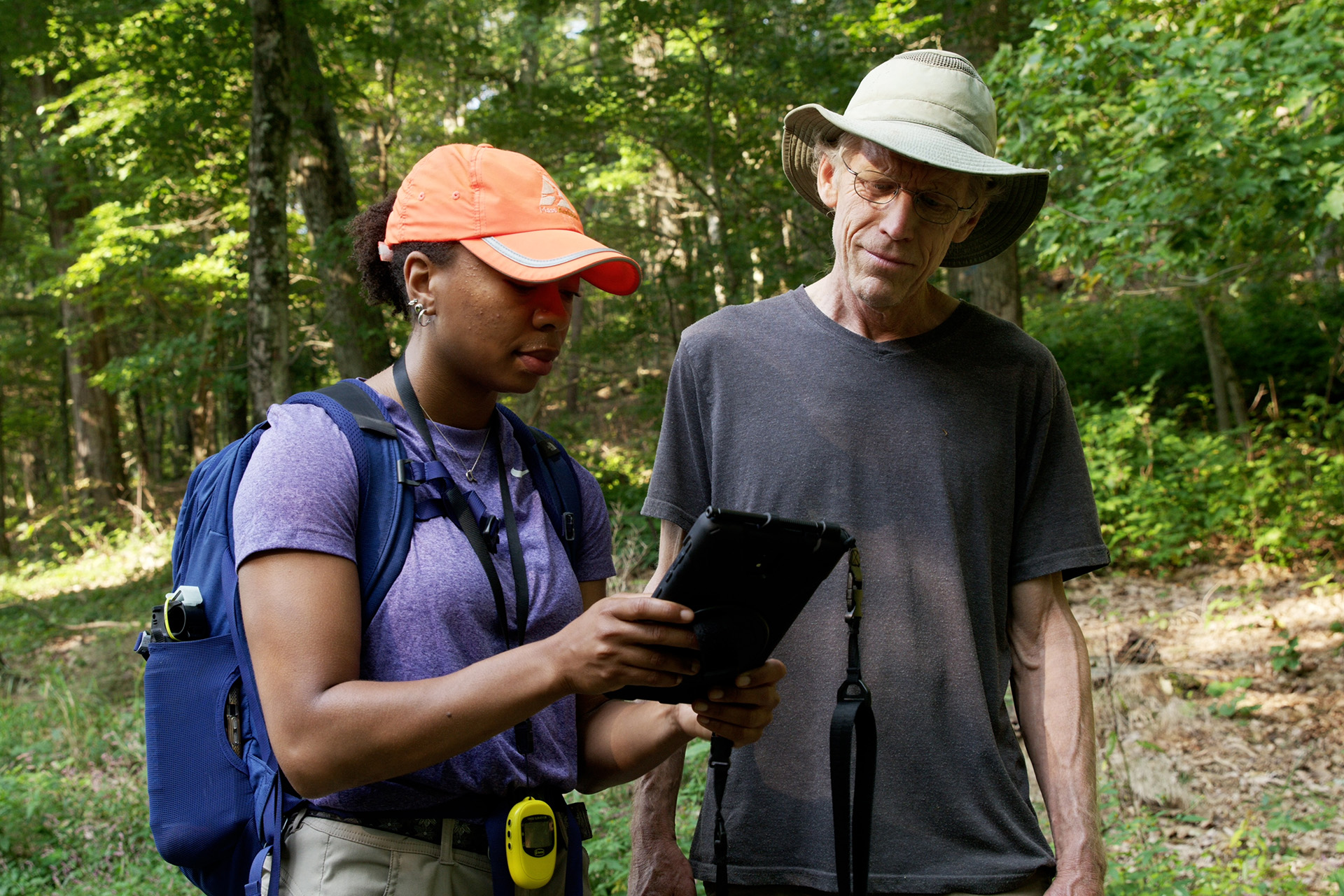30x30 Catalyst Fund
Catalyst Fund for Land Protection Partners
The urgency of the climate crisis and loss of biodiversity demands immediate collective action. As the leading conservation organization in Massachusetts, Mass Audubon is meeting this moment with the creation of an innovative fund to accelerate the pace of land protection—the 30x30 Catalyst Fund.
The ambition of the Catalyst Fund is to inspire philanthropic investment and leverage public capital to ensure we achieve the Commonwealth’s goal of protecting 30 percent of the land in Massachusetts by 2030 (30x30)—the equivalent of an additional 100,000 acres.
Activating the 30x30 Catalyst Fund
Mass Audubon will collaborate with nonprofits, government entities, Indigenous tribes, and municipalities to apply Catalyst Funds to priority conservation projects that protect nature—and the nature-based climate solutions—that will secure a resilient future for our Commonwealth. For qualifying projects, funds will support due diligence, site control, and the costs of both conservation restrictions and fee purchases. Assistance may also be available through Mass Audubon’s role in pre-acquisition of land parcels and other technical support.
While this fund is not meant for private landowners to conserve their own land, Mass Audubon also works with them to craft conservation plans for their property using a variety of tools.
Land Protection Project Evaluation
The 30x30 Catalyst Fund utilizes decision support tools such as Massachusetts’ BioMap and Harvard Forest’s Carbon data to identify lands most critical for carbon storage and sequestration potential as well as landscapes of greatest biodiversity and regional connectivity.
Mass Audubon’s multi-tiered, GIS-based analysis has highlighted the carbon-rich forestlands in the Central and Western regions of the state along with the biodiversity hotspots along our coast as our most important priorities for protection. Both landscapes provide vital ecosystem services that will reduce carbon in the atmosphere, enhance clean water resources, and provide critical habitat for plants and wildlife to adapt and flourish. Based on our analysis, we estimate that with the protection of 100,000 acres of these lands, 3 million metric tons of carbon will be stored and sequestered annually.
Mass Audubon will work with conservation partners to assess projects for carbon storage and sequestration potential, biodiversity and connectivity attributes, the likelihood of project success, and the potential to leverage additional project funds. In addition, there is a significant suite of co-benefits that add richness and value to any project that will be considered for evaluation.
Catalyst Fund project inquiries are reviewed, and funds are committed, on a rolling basis; they are subject to the availability of adequate capital.
How to Contact Us
Catalyst Fund project inquiries are reviewed, and funds are committed, on a rolling basis; they are subject to the availability of adequate capital. If you are a representative from a land trust, city, town, or government agency and believe your project may be eligible for Catalyst Fund support, please email our land conservation staff and include a brief description of your project.
Stay Connected
Don't miss a beat on all the ways you can get outdoors, celebrate nature, and get involved.




